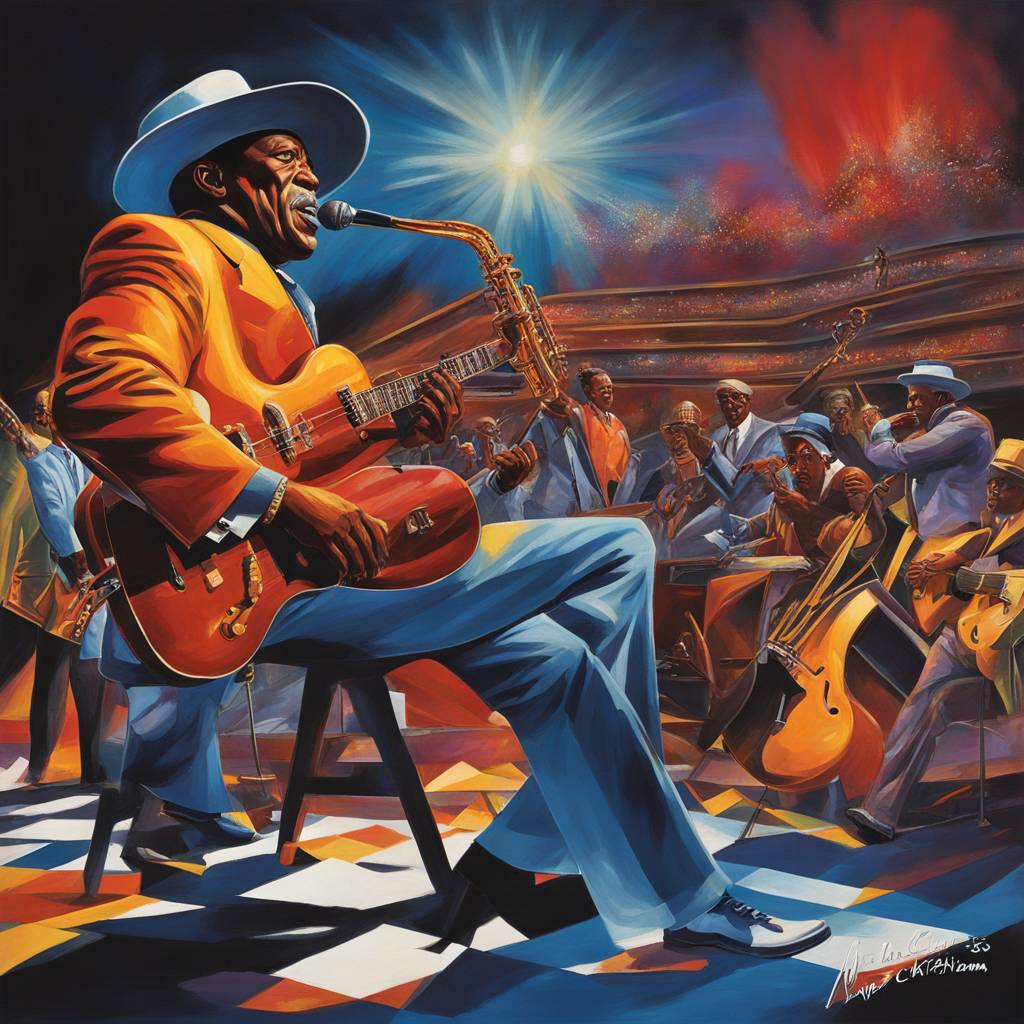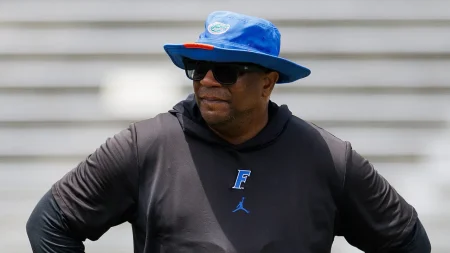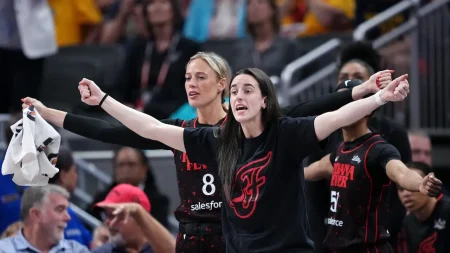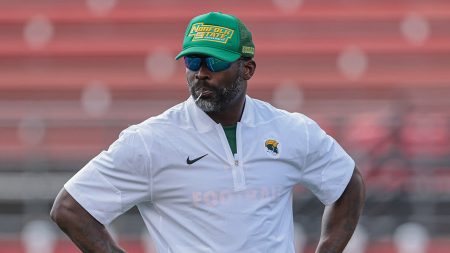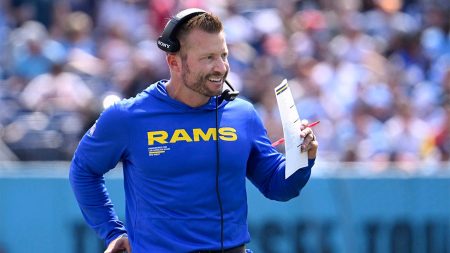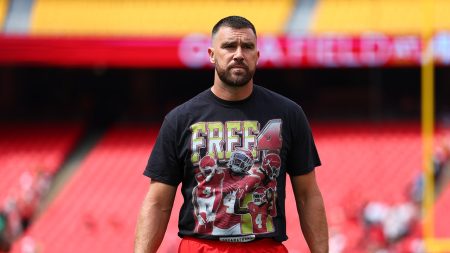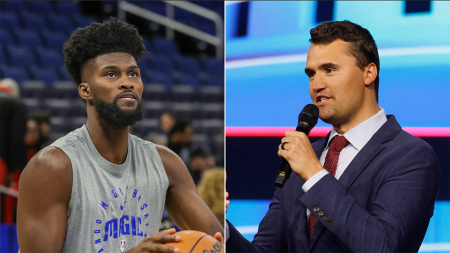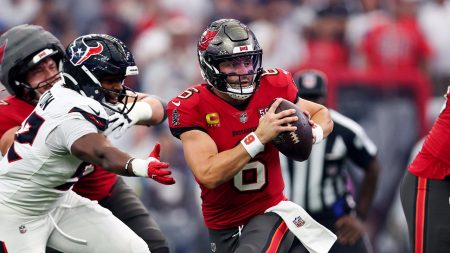Miami Marlins star Jazz Chisholm made headlines by criticizing his former teammate and team’s clubhouse dynamics. Chisholm called out a “team captain,” believed to be Miguel Rojas, for being a negative influence on young players. His comments sparked a reaction from Rojas, who expressed disappointment at being labeled a bad person without being known personally. Rojas emphasized the need for respect and accountability in the clubhouse, especially for new players like Chisholm.
Chisholm’s flashy style of play and appearance led to friction with veterans on the team, culminating in a team meeting during his All-Star campaign in 2022. Despite facing criticism for not conforming to certain expectations, Chisholm stood his ground and refused to be boxed in. He highlighted the judgment he faced for his dressing style and personal choices, revealing the challenges he experienced within the team environment. However, Chisholm expressed appreciation for manager Skip Schumaker’s efforts in changing the clubhouse culture and creating a more positive atmosphere.
As the Marlins head into the 2024 season, Chisholm reflected on the changes in the team under Schumaker’s leadership. After taking over from Don Mattingly, Schumaker guided Miami to its first postseason appearance since 2020, albeit with a loss in the NL Wild Card. Chisholm’s comments shed light on the impact of coaching and management on team dynamics and performance. By acknowledging the improvements within the clubhouse, Chisholm hinted at a more cohesive and supportive environment for players, which could potentially lead to greater success on the field.
The controversy surrounding Chisholm’s comments and his relationship with his former teammates highlighted the challenges young players face in establishing themselves within a professional baseball team. The clash of personalities and styles within the Marlins’ clubhouse underscored the importance of communication, respect, and understanding among players. Chisholm’s experiences serve as a reminder of the complexities of team dynamics and the need for open dialogue to address issues and foster a harmonious environment. The scrutiny faced by Chisholm also raises questions about individuality and authenticity in a competitive sports setting.
Rojas’ response to Chisholm’s criticism emphasized the importance of professionalism and mutual respect in a team environment. While acknowledging that not everyone may like each other, Rojas stressed the need to maintain decorum and uphold the values of teamwork and accountability. His comments reflected a commitment to harmony and unity within the clubhouse, despite differences in personalities and preferences. Rojas’ perspective offered a counterpoint to Chisholm’s critique, highlighting the nuances of interpersonal relationships and conflict resolution in a high-pressure sports environment.
Overall, Chisholm’s candid remarks and the subsequent reactions from Rojas and others in the Marlins organization shed light on the complexities of team dynamics in professional baseball. The challenges faced by young players like Chisholm in navigating interpersonal relationships, expectations, and judgments within the clubhouse underscore the need for effective leadership and communication. As the Marlins continue their journey in the 2024 season, the focus on fostering a positive, inclusive, and supportive atmosphere under Schumaker’s guidance could lead to greater success both on and off the field.




